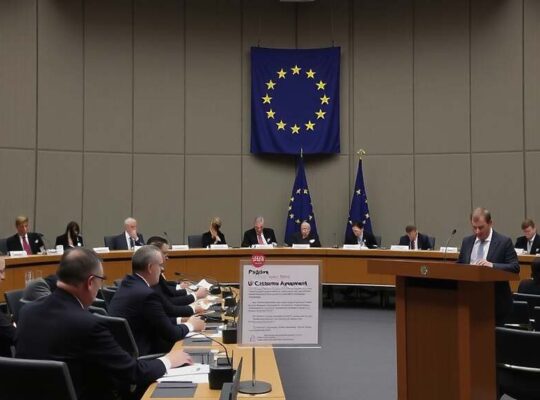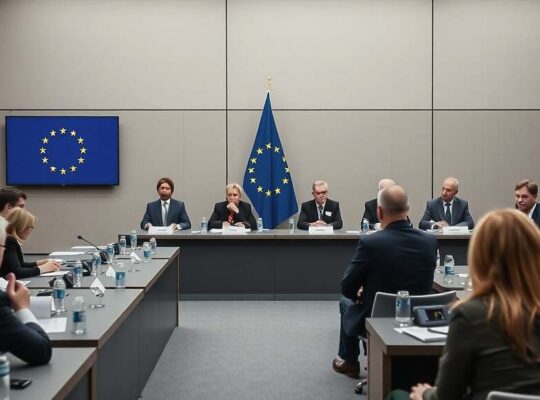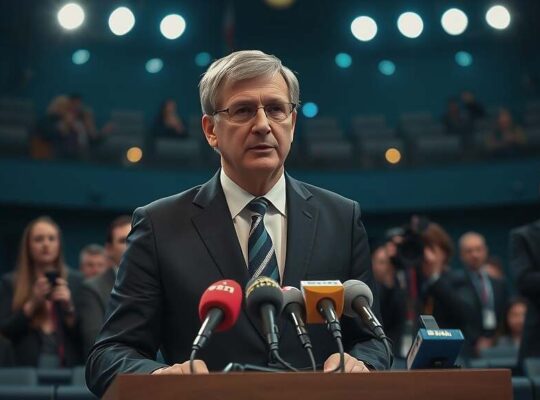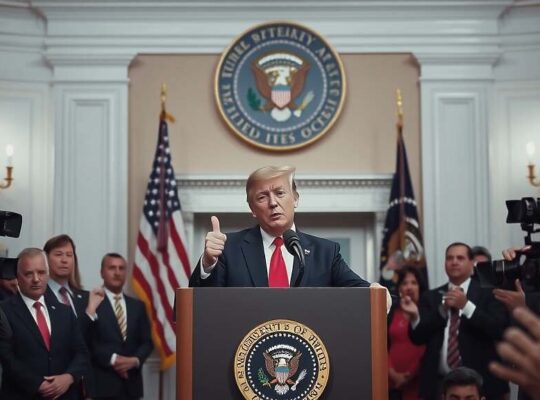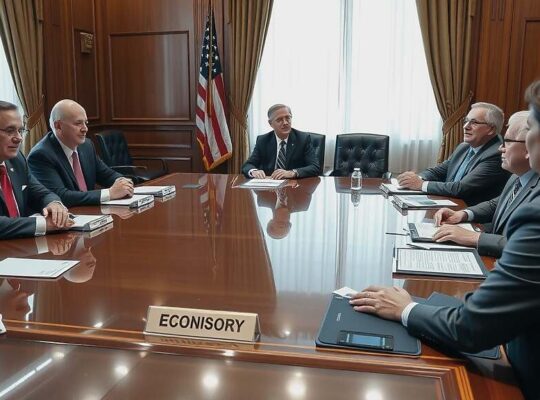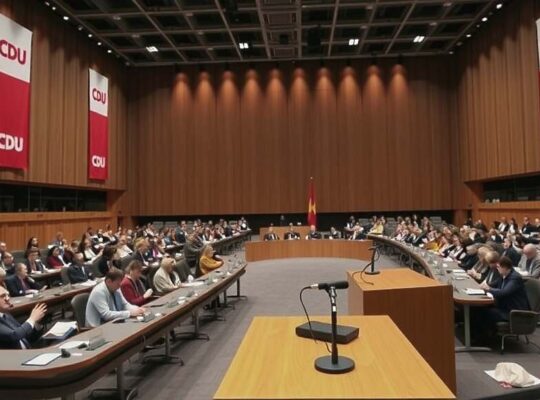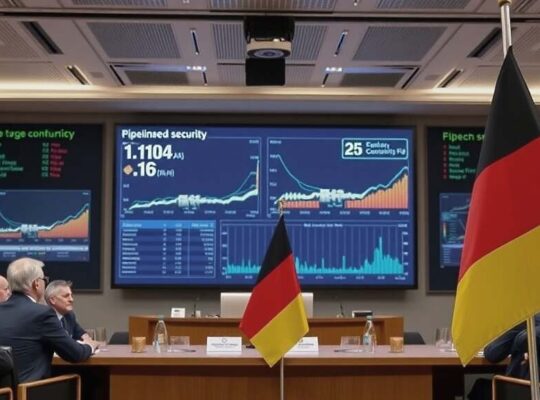Following a period of escalating tensions, the Netherlands is signaling a potential thaw in its dispute with China concerning the semiconductor manufacturer Nexperia. Dutch Minister for Economic Affairs, Vincent Karremans, announced Wednesday in The Hague that the government intends to relinquish control of the company.
The move comes after the Netherlands, citing the “availability of goods” law, previously assumed control of Nexperia, a move widely interpreted as a protective measure against potential Chinese influence within a strategically vital sector. This intervention triggered a swift and impactful response from Beijing, which subsequently imposed an export ban on Nexperia products, a decision that severely disrupted supply chains, particularly impacting the automotive industry which relies heavily on these components.
While Karremans framed the decision to relinquish control as a “gesture of good will” the underlying political complexities remain significant. The “availability of goods” law, initially invoked to secure Nexperia’s operations, has itself drawn scrutiny, with critics questioning its broad application and potential for politicizing economic decisions. The episode highlights the increasing vulnerability of European industries to geopolitical pressure and the Netherlands’ precarious position navigating the delicate balance between fostering economic partnerships with China and safeguarding national security interests.
The resumption of “constructive dialogue” with Chinese authorities, as emphasized by Karremans, suggests a desire to de-escalate the situation, but analysts caution against interpreting this as a complete resolution. The broader issues surrounding technology sovereignty, foreign investment controls and the potential for retaliatory measures remain unresolved, pointing to a potentially fragile and complex future for Dutch-Chinese economic relations. The incident serves as a stark reminder of the intensifying global competition for technological dominance and its far-reaching consequences for international trade and political stability.



